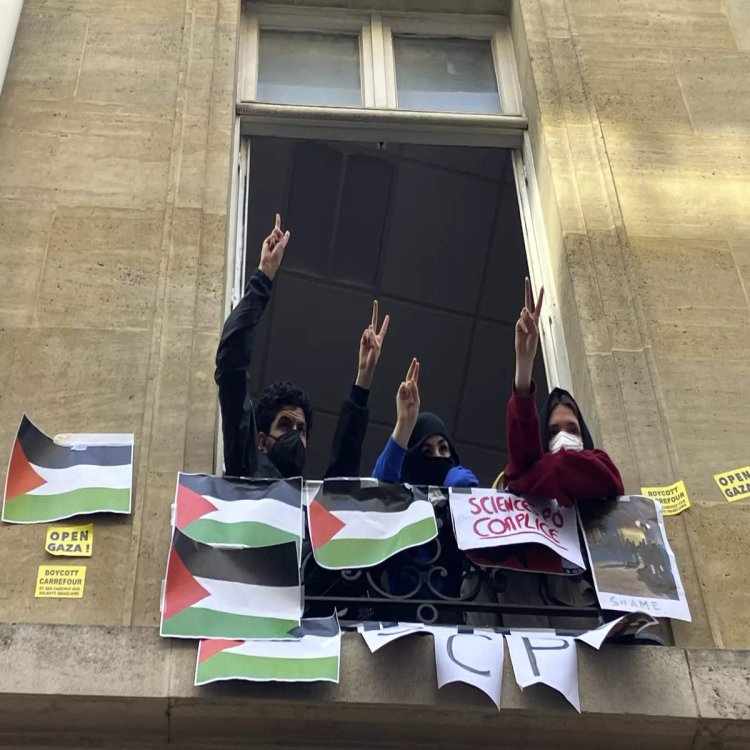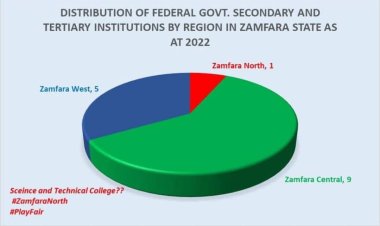University of Oxford: Pro-Palestinian Protest Group Occupies University Building
As the standoff continues, both the university administration and protest organizers are expected to engage in dialogue to seek a resolution to the deadlock.

Oxford Action for Palestine (OA4P) has initiated a sit-in protest at the University of Oxford offices on Wellington Square, leading to the lockdown of the building. The group, advocating for Palestinian rights, is demanding a meeting with university officials to review policies concerning the Israel-Gaza conflict.
RECOMMENDED: Federal Government Sets Conditions, Guidelines for Students' Loan Program in Tertiary Institutions
The occupation of the university building by OA4P signifies a significant escalation in activism surrounding the ongoing conflict in the Middle East. The group's demand for a policy review reflects a growing sentiment among students and activists regarding the university's stance on issues related to Palestine and Israel.

BBC reported that large numbers of police have been deployed to the scene to manage the situation and ensure the safety of all individuals involved. The presence of law enforcement showed the seriousness of the situation and the potential for tension to escalate.
"Today, Oxford students staged a peaceful sit-in to demand that the university meet with us after two weeks of non-response," a member of OA4P stated in an interview with BBC.
"Instead of engaging in dialogue with her students, the Vice Chancellor chose to evacuate the building, place it on lockdown, and call the police to make arrest," another cried out.
SUGGESTED: Unicaf University Hosts Successful Family Legacy Training Event
As the standoff continues, both the university administration and protest organizers are expected to engage in dialogue to seek a resolution to the deadlock. The outcome of these discussions could have far-reaching implications for the university's policies and its relationship with the broader community.

 Zita Ezechi
Zita Ezechi 



